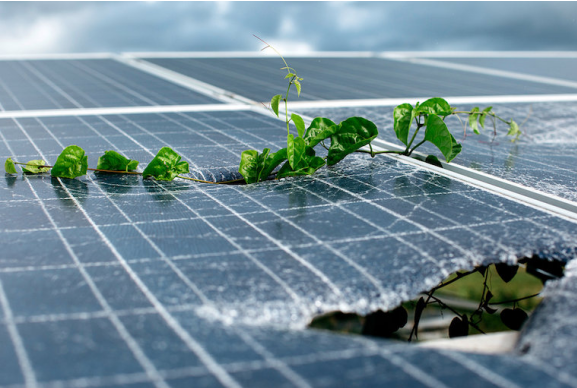There is no denying that solar energy is one of the fastest growing sources of clean energy in the world. In the United States, the number of solar panels sold and installed each year continues to grow, creating a need for sustainable solutions to dispose of old panels. Solar panels typically have a lifespan of about 30 years, so sooner or later a large number of solar panels will reach the end of their useful life and need to be disposed of properly. This is where solar panel recycling comes in.
Despite the rapid growth of the renewable energy market, solar panel recycling is still in its infancy. There are concerns about the environmental impact of discarded solar panels, mainly due to the presence of harmful chemicals such as lead and cadmium, and the need for effective recycling processes. As solar energy becomes more accessible and affordable, there is a growing need to develop and implement sustainable solutions for the management of end-of-life solar panels.
Currently, the recycling of solar panels is a complex, multi-step process. Solar panels are first disassembled to separate the glass, aluminium frame and electronic components. These components are then treated to extract valuable materials such as silicon, silver and copper. These recycled materials can then be used to make new solar panels or a variety of electronic products, reducing dependence on virgin resources.
The Solar Energy Industries Association (SEIA) has led such an initiative in collaboration with various stakeholders, including solar panel manufacturers and recyclers. They have developed a comprehensive guide to promote solar panel recycling and raise awareness of the importance of responsible disposal. By promoting best practices and providing resources, the initiative aims to increase solar panel recycling rates and reduce the environmental impact associated with solar panel disposal.

In addition to collaborative efforts, technological advances play a critical role in advancing solar panel recycling. Researchers are exploring innovative technologies to improve the efficiency and effectiveness of the recycling process. For example, some scientists are experimenting with chemical solutions to more efficiently separate the different components in solar panels. These advances are expected to streamline the recycling process and recover more valuable materials.
In addition, governments and regulators are recognising the importance of sustainable waste management in the solar industry. They are increasingly implementing policies and regulations that promote the responsible recycling of solar panels. These are designed to encourage manufacturers to take responsibility for the end-of-life management of their products and to incentivise investment in recycling infrastructure.
As the renewable energy market continues to grow, the demand for properly recycled solar panels will only increase. It is important to ensure that the development of clean energy is accompanied by sustainable waste management practices. The development of a strong recycling infrastructure, coupled with continued technological advances and supportive policies, will play a critical role in mitigating the environmental impact of discarded solar panels. With the combined efforts of all stakeholders, solar module recycling will become a key component of a truly sustainable energy future.
Post time: Aug-17-2023